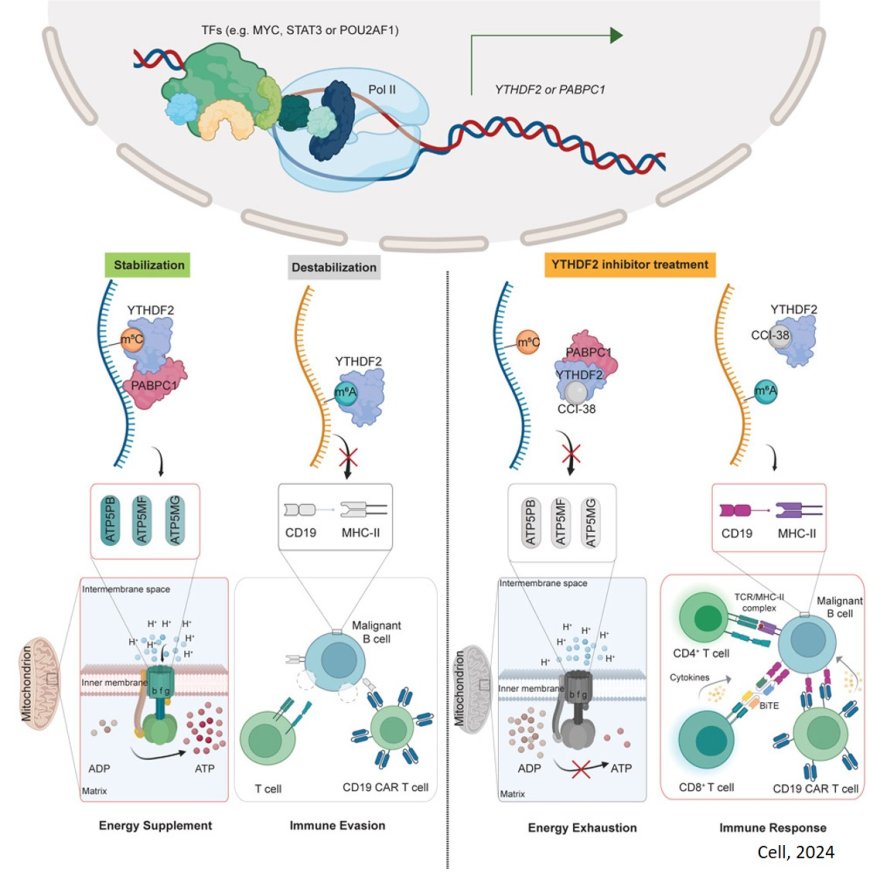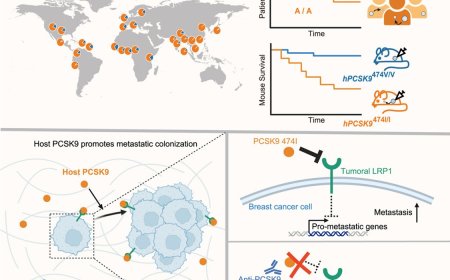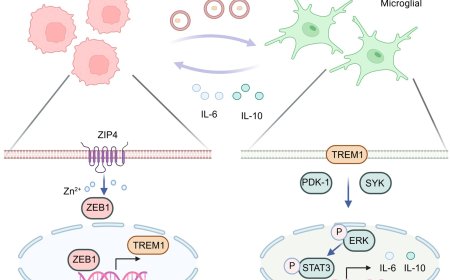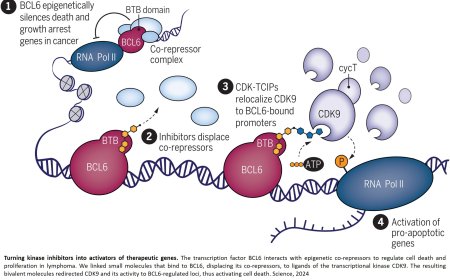Oncogene that helps immune evasion of blood cancer identified!

Scientists have collared a tricky culprit that helps cancer cells evade CAR T cell therapy.
CAR T cell therapy harnesses the immune system to seek out and kill tumor cells. This treatment is used in certain types of leukemia and lymphoma — blood cancers. Some wily cancer cells, however, have learned how to hide from the immune system to avoid destruction. The study published in the journal Cell could lead to more personalized therapies that improve cancer patients’ survival.
The researchers identified a protein called YTHDF2 that plays a starring role in advancing the development of blood cancers. The researchers then created a new medicinal compound called CCI-38, which targets and suppresses YTHDF2, reducing the growth of aggressive blood cancers. The approach improves the likelihood of successful cancer treatment.
“We believe that using CCI-38 to target YTHDF2 will significantly enhance the effectiveness of CAR T cell therapy on blood cancer cells,” said the senior author.
“One of the challenges in treating blood cancers is a phenomenon called ‘antigen escape.’ A key target for these therapies is a protein called CD19 found on the cancer cells,” added the corresponding author of the new study.
However, in 28-68% of cases, the cancer cells lower or lose this CD19 marker, making treatments less effective. Although researchers are working on strategies to target multiple components, nearly half of patients are still affected by this issue.
YTHDF2 switches on genes that help cancer cells produce a stable energy source to fuel the cells’ ability to grow and spread. Moreover, this protein helps cancer cells conceal themselves by reducing the presence of antigen biomarkers that normally trigger the immune system to detect and attack cancer. Lastly, excess YTHDF2 works like a werewolf’s bite to transform blood cells from healthy to cancerous in mouse studies.
“Reducing the need for follow-up treatments could lead to better long-term survival and less relapse for our patients while lowering side effects and medical costs,” said a co-corresponding author of the study.













